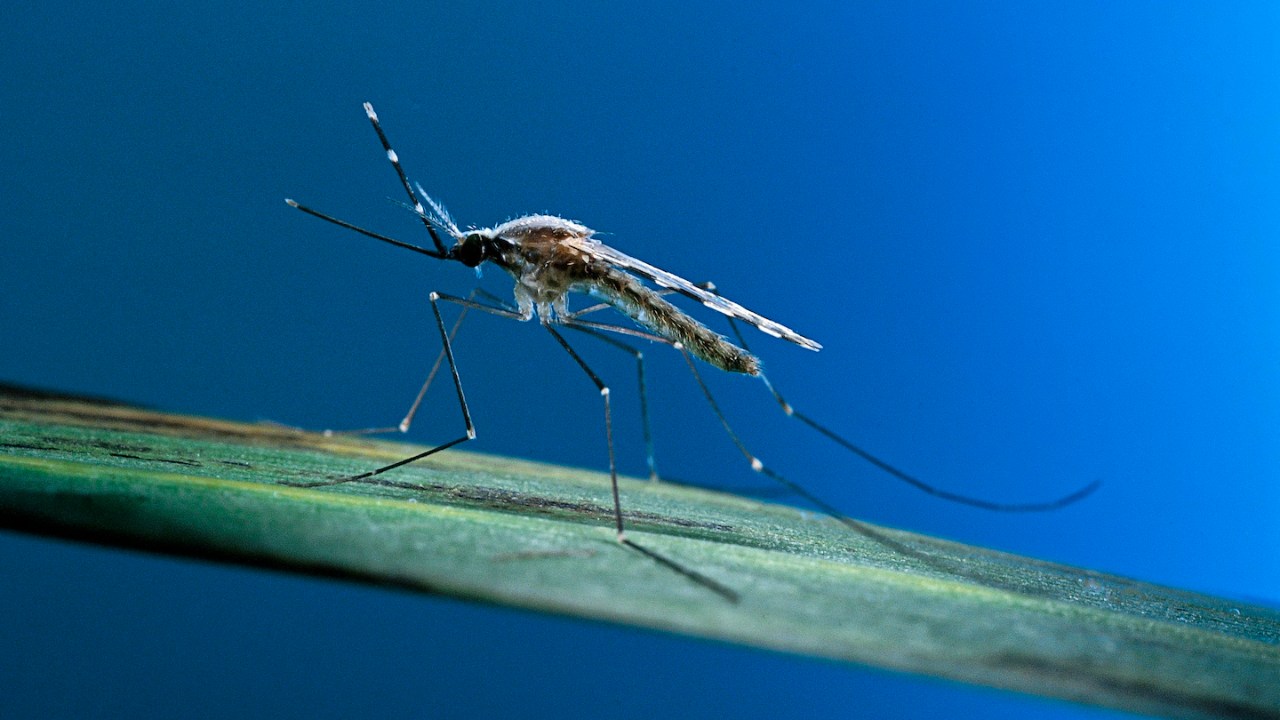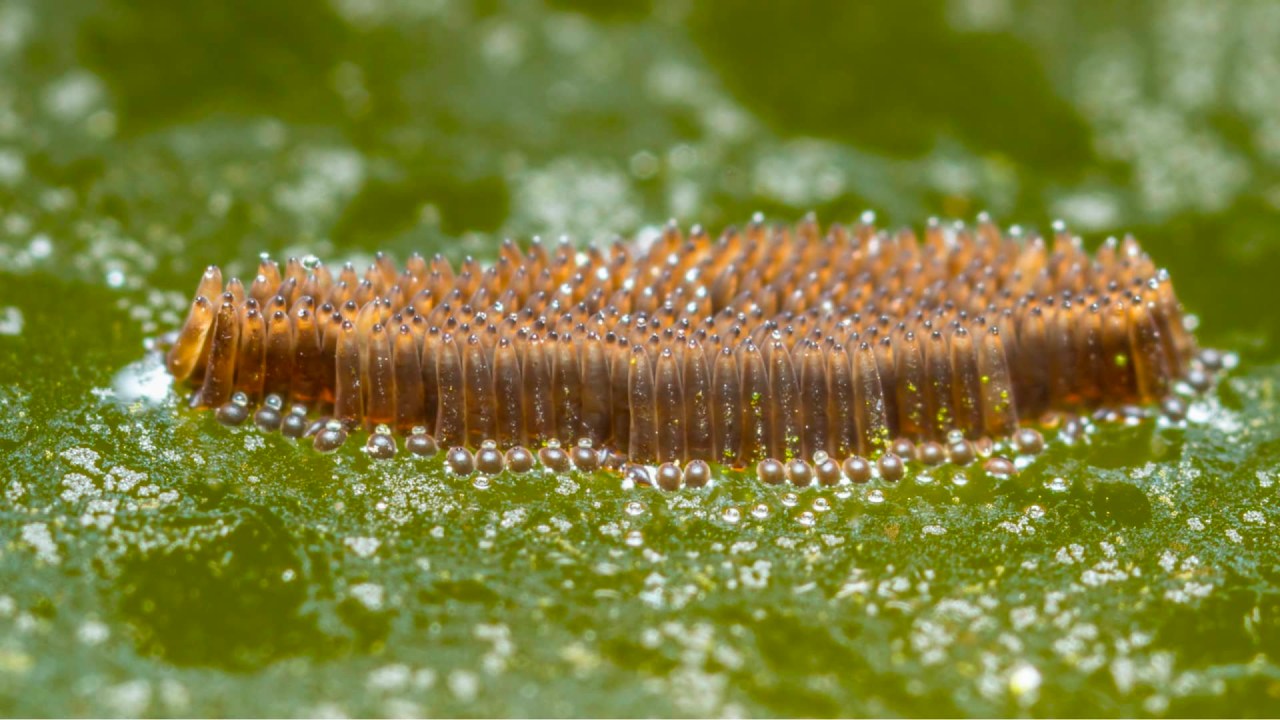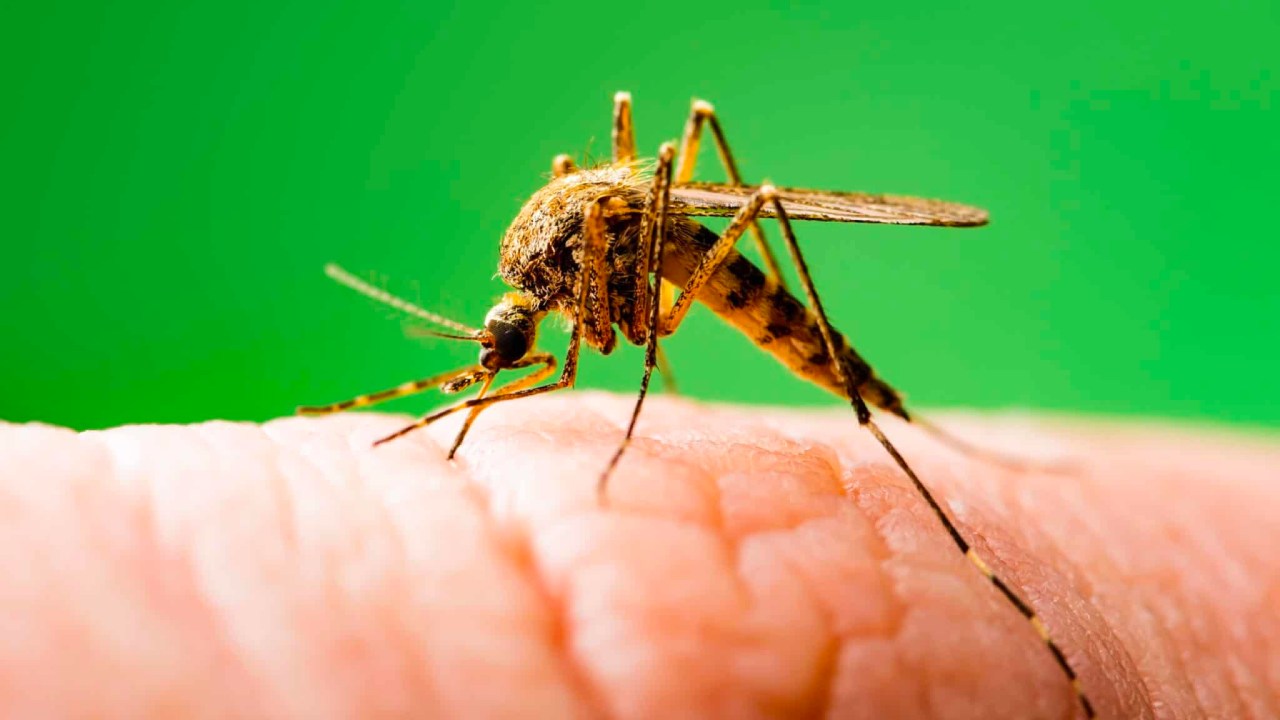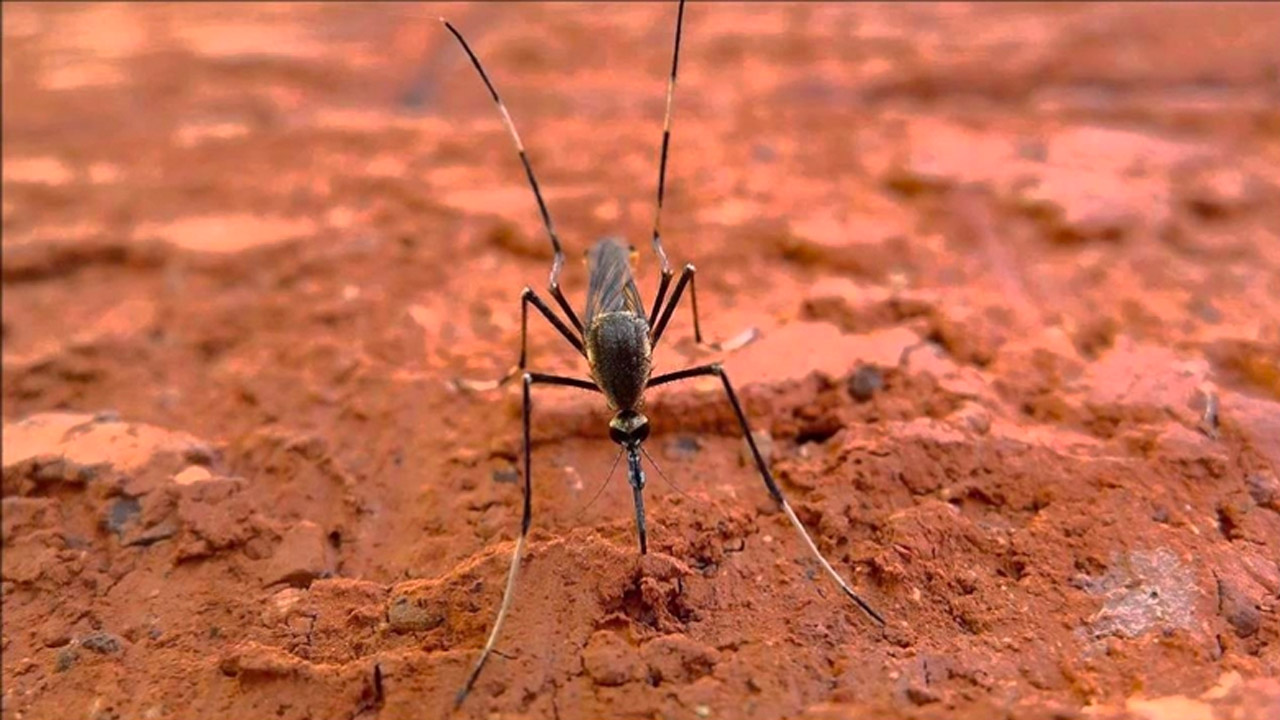Sleepless nights, crimson scars and a body swelling from scratching… Mosquitoes are among the creatures that come out especially in the summer months and disturb us, so to speak, as a nuisance to us. But have you ever thought about what would happen if mosquitoes disappeared completely?
Nature undoubtedly has a perfectly functioning balance, and even the extinction of a living thing is quite enough to shake this order. In fact, even if we complain, every living thing it has an indispensable place in this order and its function is much more than we expected.
We regularly ask ourselves “What are these mosquitoes for?” Let’s answer the question and see how nature would be affected if these creatures were completely destroyed.
Mosquitoes have been around for more than 100 million years, which means that thousands of species of mosquitoes have evolved.
These creatures, which have a very important role in many ecosystems of the world, have 3,500 different species, although it is not certain. only 100 varieties are dying to bite us case. The rest, on the other hand, feed on plant and fruit nectars and do not belong to us at all.
These creatures, which are known to invite many diseases; a major cause of malaria, dengue fever, yellow fever, chikungunya virus and West Nile virus. What about mosquitoes? positive sides what?
Mosquitoes are the main food source for many animals, and some bat and bird species even rely almost entirely on mosquitoes for their food source.

Mosquitoes act as pollinators in a way, and primarily butterflies and bees are well-known pollinators. While not all mosquitoes do this, many carries pollen from flower to flower and carries out pollination is observed.
In the absence of mosquitoes, plants are less pollinated, which directly affects their reproductive success. However, one of the most important effects mosquitoes have is on aquatic ecosystems. These creatures Its larvae live in water and usually feed on organic matter.

As the larvae continue to grow, they begin to filter large amounts of water and make a great contribution to eliminating algae. Again these mosquito larvae, in reducing algae growth and improving water quality Plays an important role.
Mosquitoes are an essential food source for aquatic animals, especially fish.

Some of the smaller fish survive, mostly by consuming mosquito larvae, and if these larvae perish, The diet of fish is greatly altered. In addition to fish, some species of birds, insects, bats, lizards, frogs and salamanders also feed on mosquitoes.
In addition, the removal of mosquitoes from some puddles can cause much bigger problems than expected. For example, in eastern North America mosquito and sandfly species play a vital role has.
When any insect drowns, midges chew their carcasses, while mosquitoes feed on waste products. This too contributes to the production of nutrients important for plants and without mosquitoes, plant growth may also be affected.
If mosquitoes go extinct, it is very likely that insect species will replace them in the food chain and there will be a huge fluctuation in the world that is very difficult to predict.

For example, bats that rely heavily on mosquitoes for their food supply have a hard time surviving. If bats die, other animals that also depend on bats for food are affected and As bats disappear, there is an incredible increase in other insect species.
In addition to all this, nature is full of unknowns and surprises, and all the situations mentioned so far are only predictable. In summary, scientists It is difficult to imagine how the balance will change at the point of the complete disappearance of mosquitoes.
RELATED NEWS
What Would Happen If The Mosquitoes That Threaten Our Lives In The Summer Are “Human Size”?
RELATED NEWS
The Reasons Why Mosquitoes Are Flying Over Our Heads Ensembles Will Not Please You Too Much
RELATED NEWS
